Kristy Cambron is a bestselling author and former Vice President and literary agent for Gardner Literary who sees herself as a would-be foodie, art history enthusiast, and an avid outdoorsy writer-gal always on the hunt for an intriguing story from the past. The French Kitchen is her eleventh novel. You can find her chatting up books on Instagram @kristycambron and connect on her website at: kristycambron.com.
“Wait—writing is a… business?”
It’s the biggest shot of ice-water-to-the-face I remember when I started blogging in 2009. Even more so when I signed my first publishing contract in 2013. Before that, I was working in corporate America, but I’d pictured the fantasy: writing in a secluded cabin by the lake. Sitting in a cozy nook with a cup of coffee, pen and paper in hand, and the mere dream of a story. And given enough time spent in that corner, the words penned to paper would (eventually) become a (bestselling) book. Naturally, I’d quit my day job. Move to the lake. And write full-time.
Pump. The. Breaks!
An author career could be all of those things. But to become a writer who lives by their pen, the creative side of writing is only half the story.
Now more than a decade working as an author, speaker, and literary agent, there’s another side to being a writer that I wish I’d known at the start—it’s a business. Here are five quick-hit business tips to get you closer to that bestselling author status right from the start.
[Disclaimer: This article is for informational purposes only. We make no guarantees on any perceived publishing outcome. Always consult professionals—financial or otherwise—and make the right, informed decisions for your specific situation.]
1.) Do your homework.
That means dig deep into this industry and learn all you can about publishing before you actually enter it. Whether you invest in writing conferences, attend author events, subscribe to Substack newsletters or listen to podcasts, there are tons of resources out there to make wise decisions for your publishing journey. Indie or traditional? Fiction or nonfiction? (Or something else?) What does a literary agent do? Where do you find a virtual assistant, web designer, publishing coach or editor? Or even a tax attorney? How is AI changing the publishing landscape?
Join writing organizations. Ask around. Follow agents, editors, authors, and publishers on social media. You’d be surprised how much of this information is free, and how it can help you decide what publishing path is right for you. Tip: Resources like The Authors Guild, Book Marketing Simplified, and Jane Friedman are great places to start.
2.) Read. Read. Read
Sounds counter-intuitive, right? But reading widely—in a variety of genres—will help prepare you for the business you want to work in. Want to know which literary agents represent authors like you? Go to your favorite books and peek in the Acknowledgements section; agents are thanked there. Want to know which publishers are publishing books like yours? Go to your local bookshop and peruse the logos on the spines. Want to learn how to improve in the writing craft or what readers want now? Get connected to communities on Bookstagram and BookTok and find out which books they’re talking about, and why.
Tip: Buy books. Take them home. And read, read, read. You have to fall in love with story first before you can hope to share yours with readers one day.
3.) Multiply your income streams.
My agent always said making a living as a writer is about volume and variety. This is true! Let’s say you land a traditional six-figure publishing deal. (Well done, you!) If you break that down, roughly 15% goes to your agent, a hefty percentage is put back for taxes, and with the costs for authors (website, marketing, promotion and travel etc.) and payments spread out over several years on multiple books. . . it’s looking like you might need more than one income stream to keep the lights on in that cabin by the woods.
Tip: If you’re just starting out, consider working as an author’s assistant. (There’s no better way to learn than from a pro!)
Try writing for smaller, paying publications. Or if you’re qualified, offer proofreading, editing, or coaching services. The key is to bring in a variety of income streams as you build your body of paying work. And as your volume grows, so does your residual income.
4.) It’s (almost) all about relationships.
Publishing may be big business, but it’s a small world. It’s made up of authors, editors, designers, sales/marketing, PR teams and readers. . . and once you start to meet those around you, you’ll find they can be a supportive bunch. And making friends can provide encouragement as you navigate the ups and downs of the querying process. (Patience is key!) But a note of caution: be wary of potential scams. If you’re approached by any entity making promises about your writing dreams that sound too good to be true… they probably are. Put on your investigative hat and dig for answers before you enter in.
Tip: Find the right literary agent or coach or editor or publishing team or author friends for YOU.
Consider each ‘No’ not a rejection, but instead, as a ‘Not yet’ or ‘Not here.’ Finding the right team may take time but making the right decisions now for your future self are worth the wait.
5.) Level-up.
I’m going to say something and then duck for the flying tomatoes: build your brand first BEFORE you approach an agent or publisher.
It’s one of the statements I’d hear most often when receiving pitches at writing conferences—“I’m waiting until I have a publisher to help me build a [website or social media or newsletter or brand] to sell my books.” This was crushing to hear every time. Because competition is fierce; there are writers out there who may be every bit as good as you, but they’ve already built a social media following, a booming YouTube community, or a massive speaking career. I’m not saying you have to have a massive social media following before you can sell your book. That’s not always the case. But in an increasingly competitive business, what would it hurt to give yourself every chance to get that first ‘Yes?’
Tip: Build a website. Engage on social media. Start that Substack. Do whatever you can to level-up your brand and your potential so when your book is polished and ready to pitch, you’re able to prove you’ll make a great publishing partner to sell books and build a writing career that lasts.
The French Kitchen by Kristy Cambron
In postwar Paris, 1952, former OSS agent Kat Fontaine attempts to rebuild her life but is haunted by the past. A cooking class with Julia Child unexpectedly unearths painful memories and suspicions about her missing brother and secretive husband. Meanwhile, in 1943 Nazi-occupied France, Manon Altier walks a dangerous line as a chef at a Nazi-frequented chateau by day and a Resistance operative by night. As the timelines intertwine, both women must confront their pasts and the secrets that threaten to destroy everything they’ve fought to protect.
Buy the book now: Bookshop.org | Amazon | Barnes & Noble



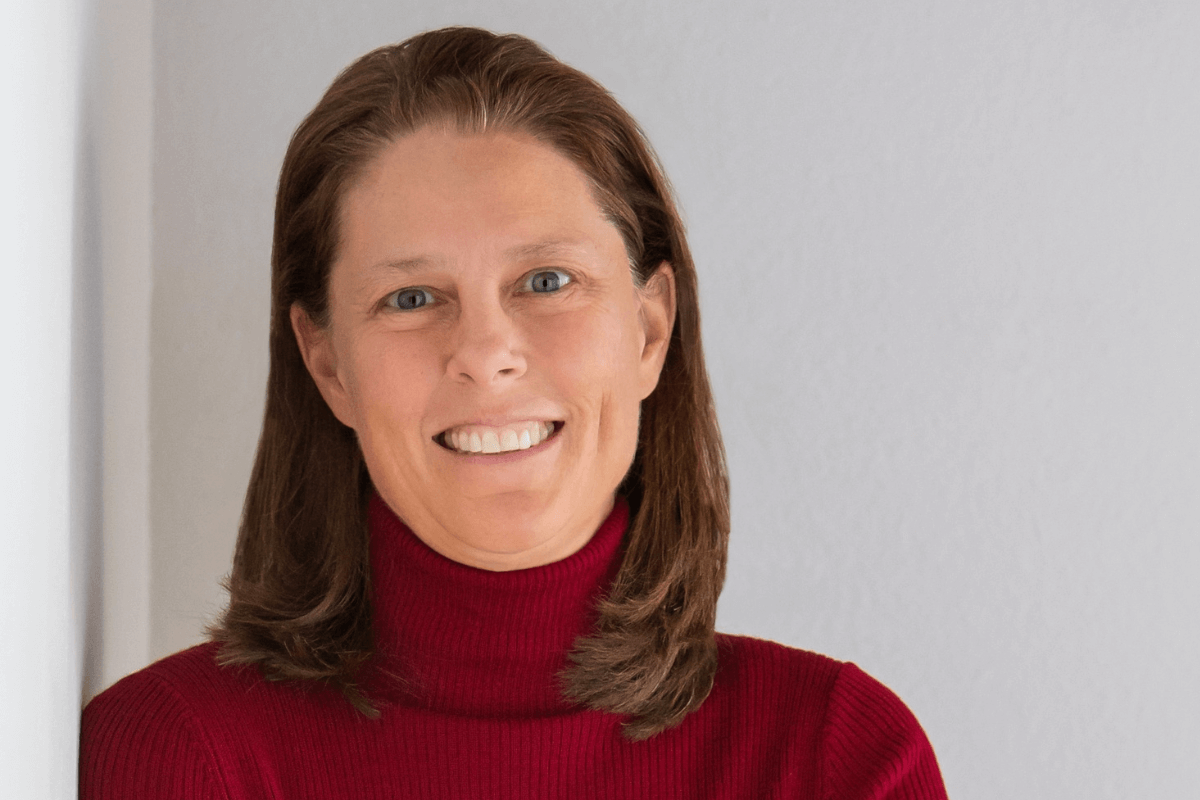
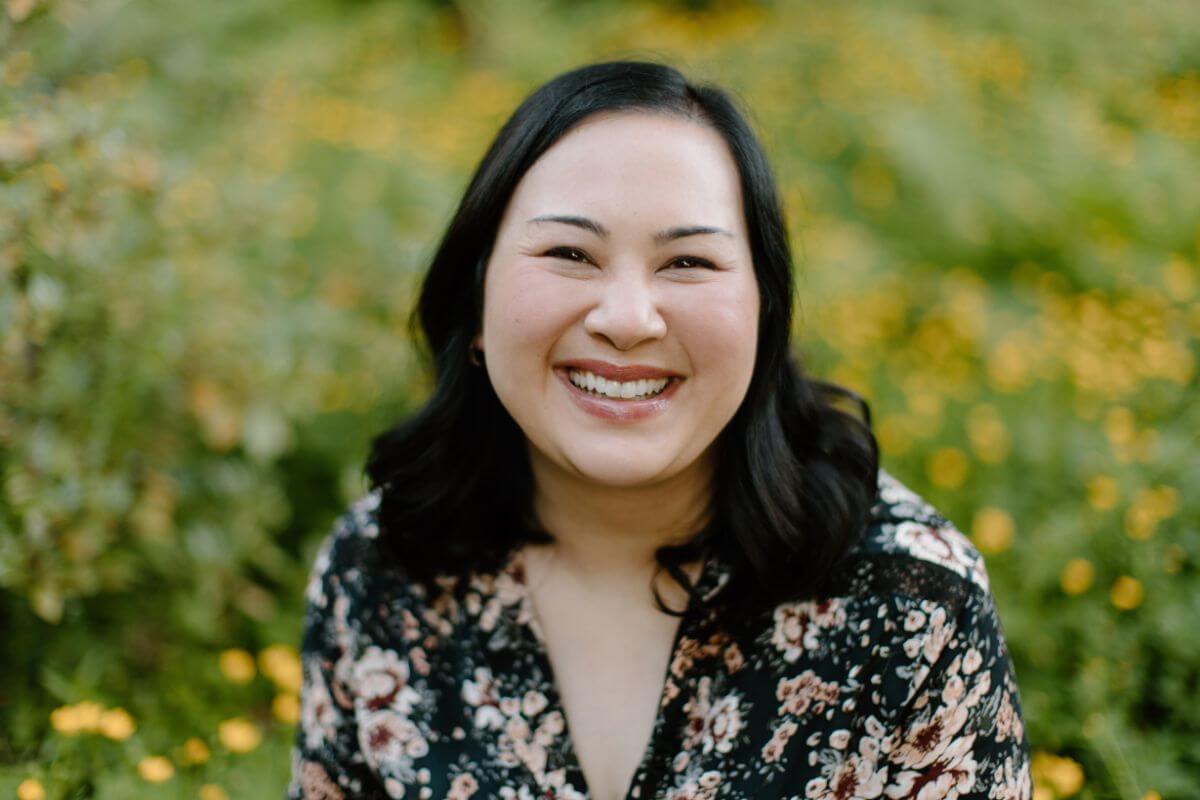
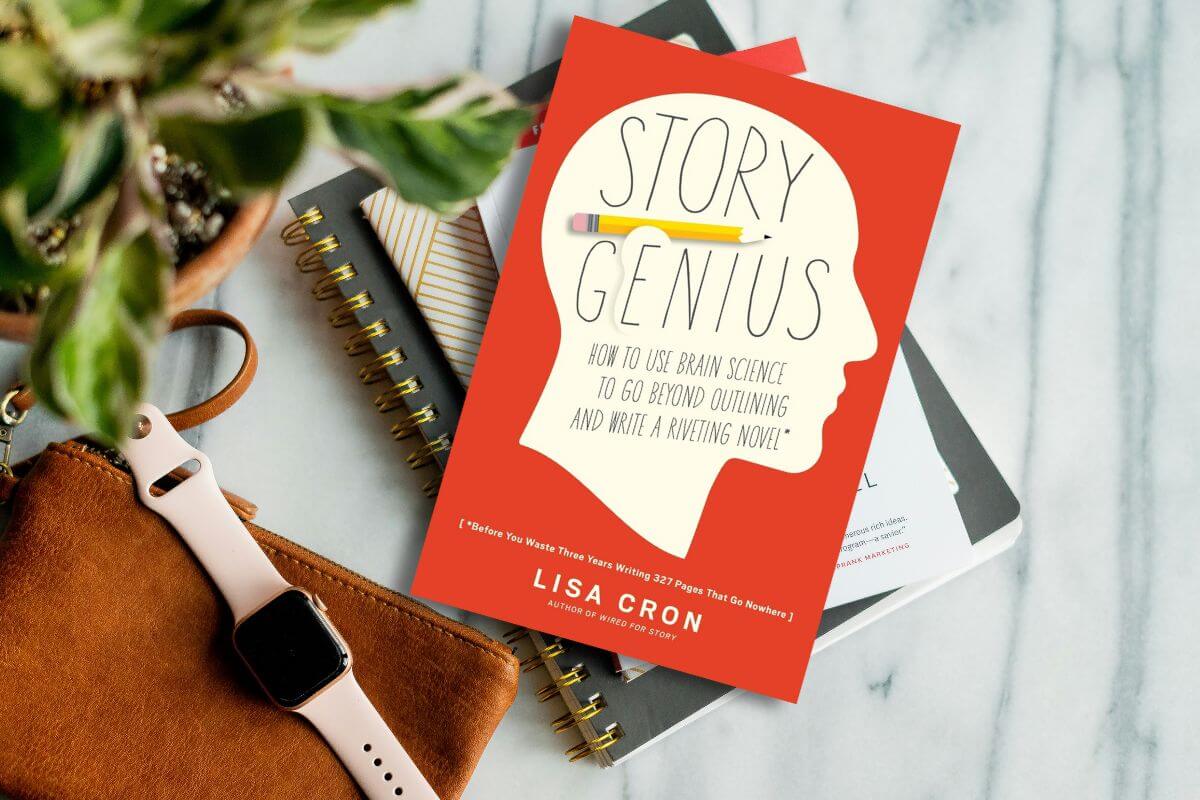
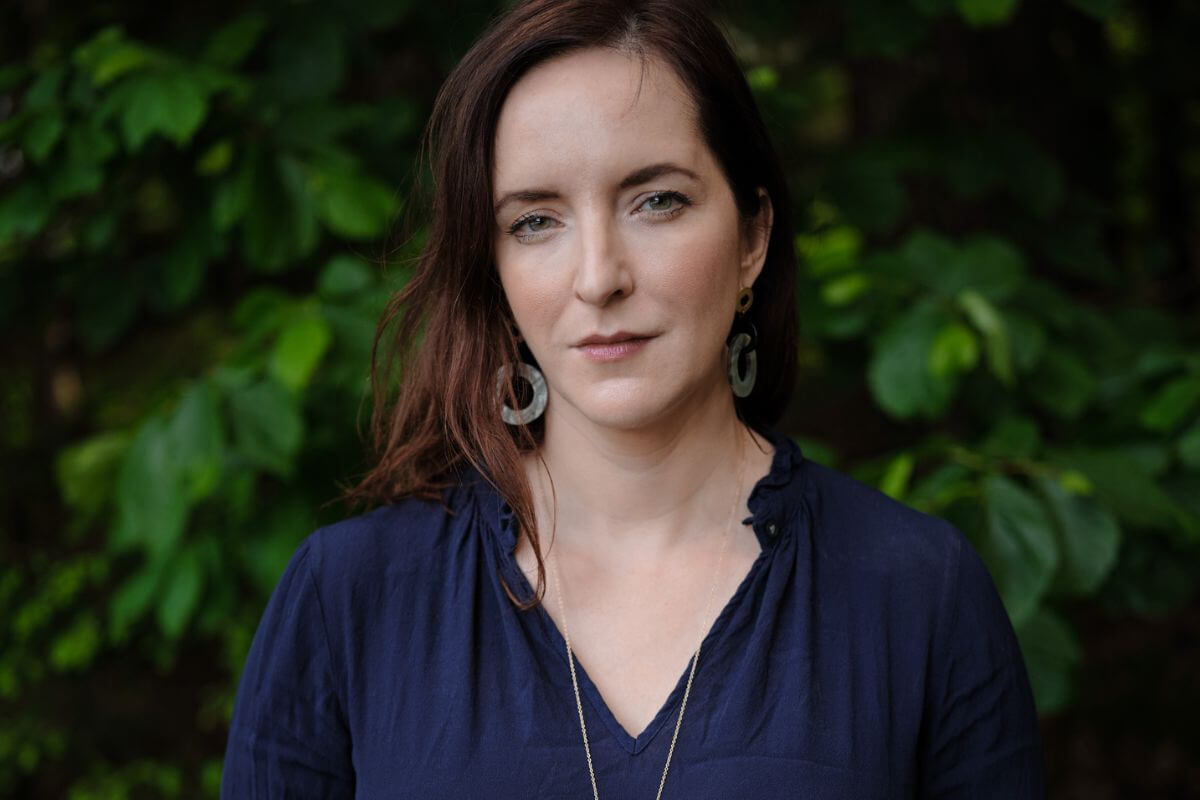
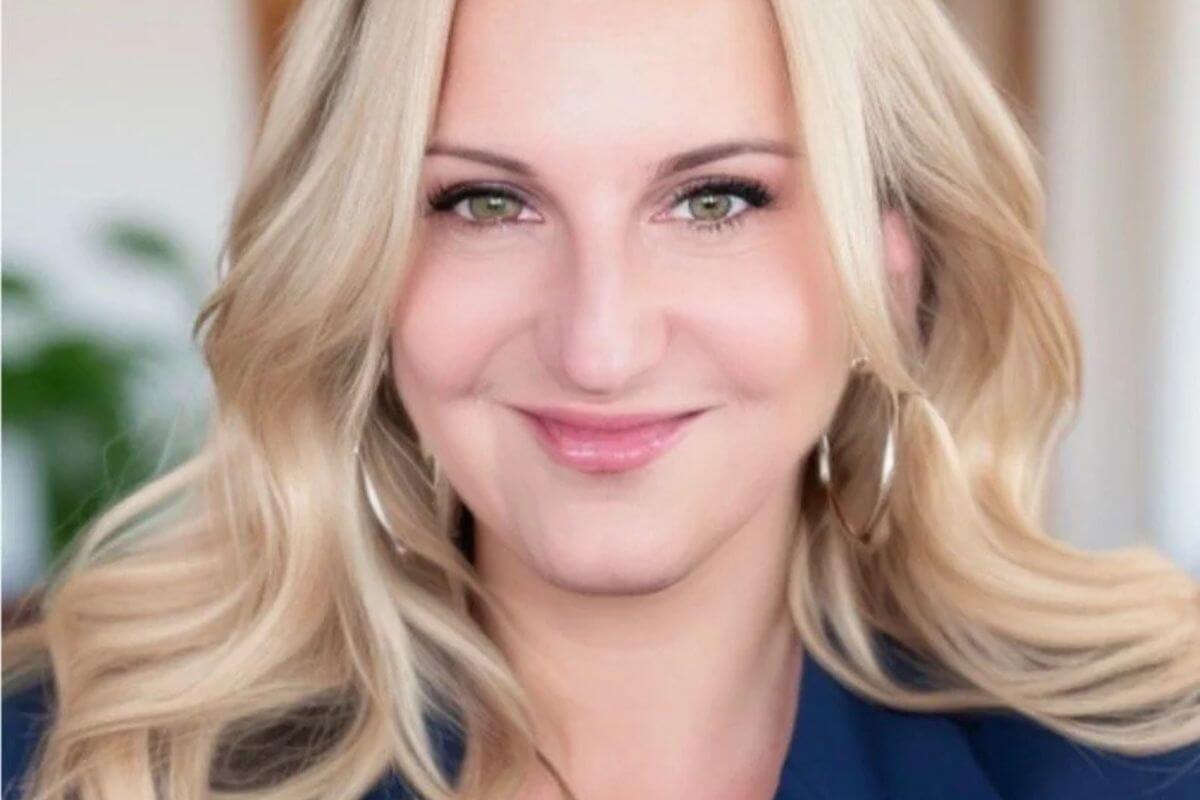
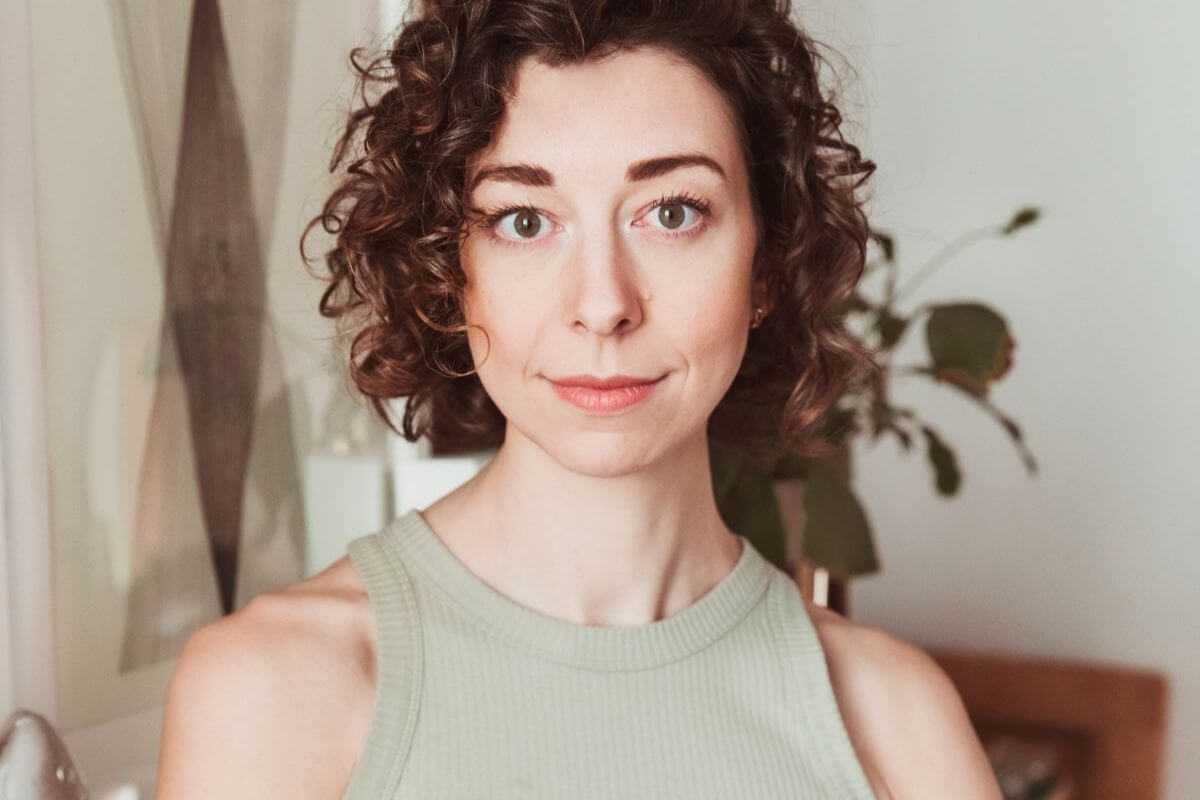
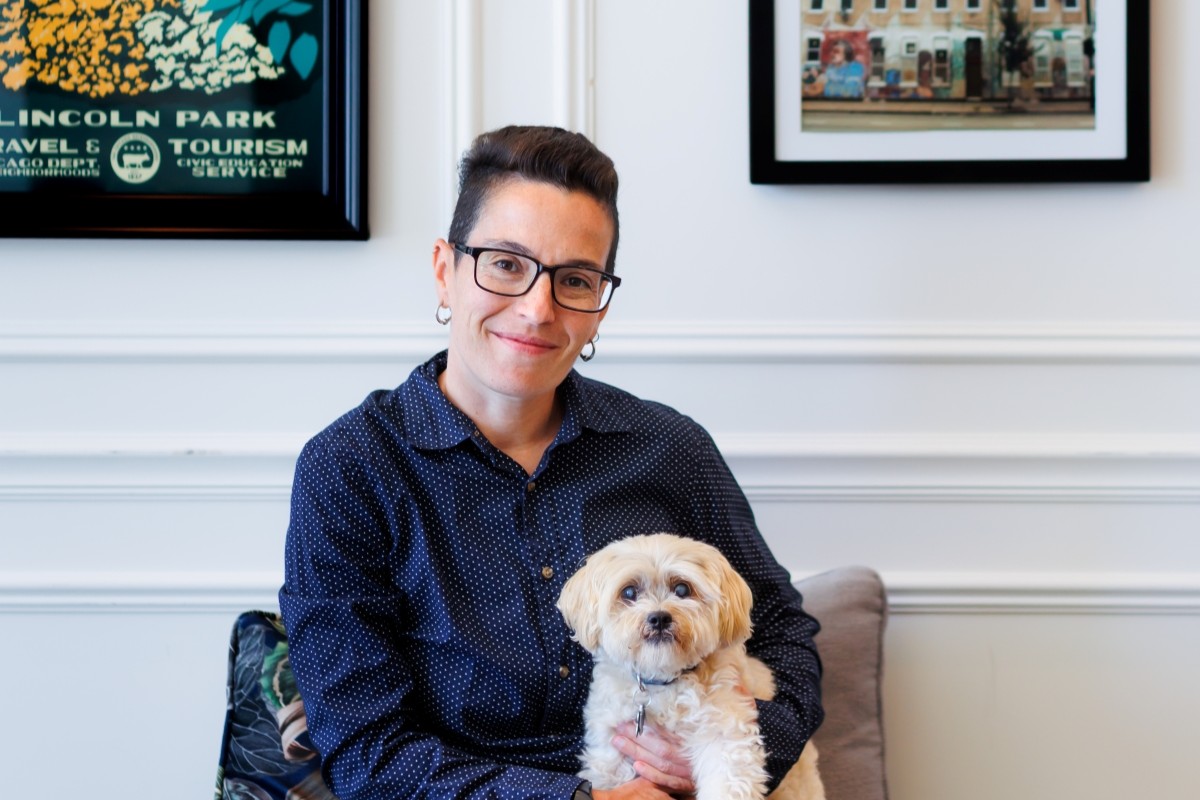


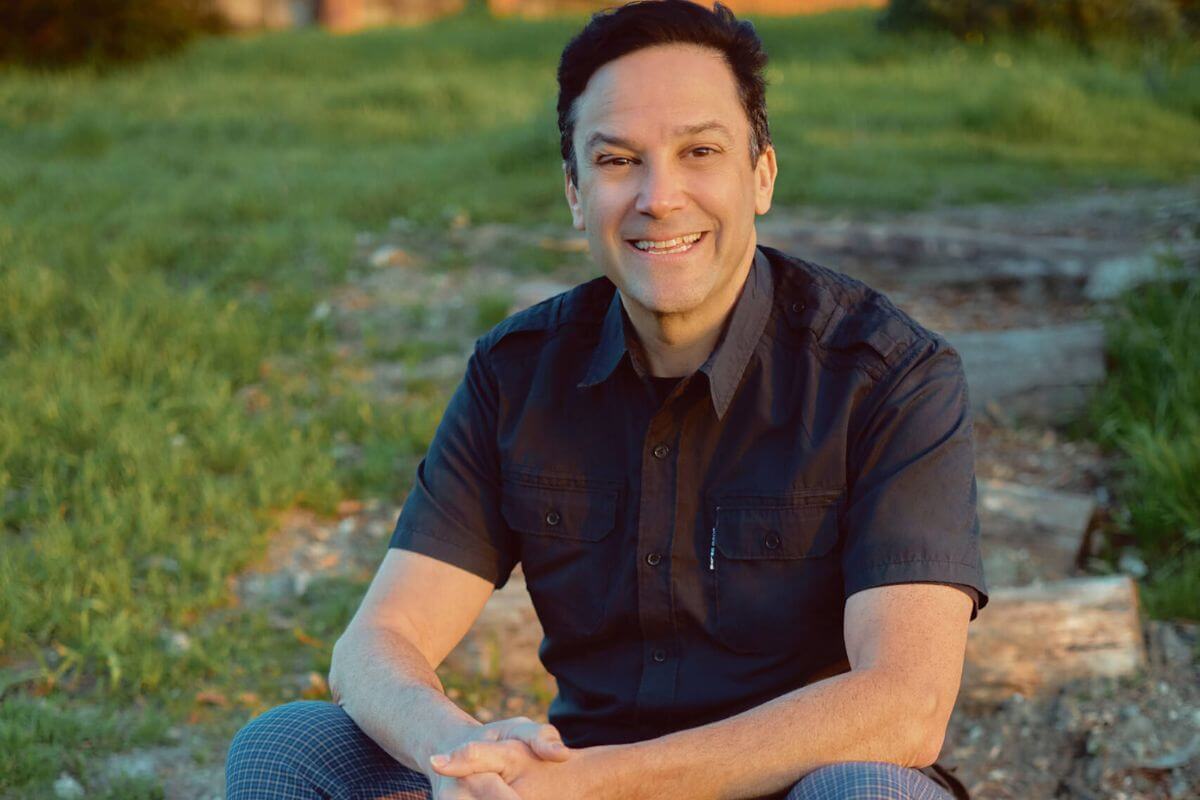

Leave A Comment